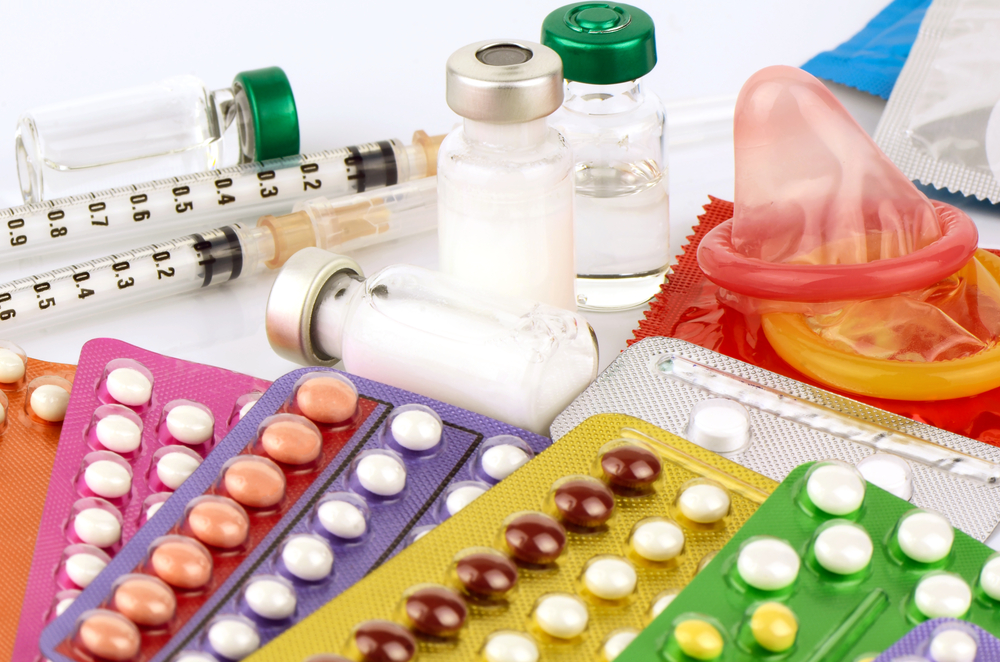Contents:
- Medical Video: Priapism - a hard and painful thing to talk about!
- Is priapism related to sexual activity?
- Various causes of priapism
- 1. Low flow priapismus
- 2. High flow priapismus
- What happens if priapism is left?
- Can priapism be prevented?
Medical Video: Priapism - a hard and painful thing to talk about!
Priapism or priapism is a condition that is common among men and can occur at any age. This is most common in boys between 5-10 years and in men from 20-50 years. If you suffer from this disorder, you will experience an erection that continues for 4 hours or more, even without sexual stimulation. For more information about priapismus, let's look below.
Is priapism related to sexual activity?
Most people may have a misunderstanding that priapism occurs due to sexual activity. However, this prolonged erection is not caused by sexual stimulation. In normal sexual function, erections occur when your penis is full of blood and then settles until the onset of orgasm, which is when excess blood finally leaves the penis.
But in terms of priapism, blood cannot flow through the shaft of your penis, so that blood becomes stagnant after a while, turns acidic, and loses oxygen. As a result, the red blood cells in the blood become stiff and even difficult to get out of your penis.
Various causes of priapism
The main cause of priapism depends on the disruption of the blood vessels and nerves in your body where blood is trapped, causing an inappropriate flow of blood from the shaft tissue of your penis. The following are two categories of priapism, low flow and high flow.
1. Low flow priapismus
This type of priapism is the result of blood trapped in an erectile chamber. This often occurs without cause in healthy men, but also affects men with sickle cell anemia, leukemia (blood cancer), or malaria.
2. High flow priapismus
High-flow priapism is rarer than low flow and is usually not painful. This is the result of an artery rupture due to injury to the penis or perineum (the area between the scrotum and anus), thus preventing blood in the penis from flowing as usual.
About 35% of priapism cases are idiopathic (unknown) and 21% are related to drug therapy or alcohol abuse. In addition, 21% occur due to trauma, and 8% due to blood disorders. Although there is controversy about the way in which priapism occurs, but the widely accepted view is that priapism occurs due to injury or damage to the system which serves to decrease the penis after ejaculation.
This damage can be caused by:
- Blood disorders, especially sickle cell anemia, myeloma, thalassemiaand leukemia.
- Trauma, either accidentally or after surgery.
- Damage to the nervous system, bone injury (especially the spine), but rarely results multiple sclerosis or diabetes (this usually involves an element of excessive stimulation, which causes high blood flow to the penis accompanied by decreased penile damage after ejaculation).
- Impotence drugs (especially those given by injection into the penis), such as:
- Papaverine.
- Prostaglandin E1 (alprostadil), which causes an increase in blood flow by dilating blood vessels in the penis (very rarely if given into the urethra or urine tube in the pan).
- Phentolamine.
- Sildenafil (Viagra), is almost unknown unless it is combined with other drugs, such as injections such as prostaglandin.
- Other drugs, especially if overdose:
- Psychiatric medicines: trazodone and clorpronazin.
- Blood pressure medications: prazosin and nifedipine.
- Anticoagulants: warfarin and heparin.
- Other drugs such as: omeprazole, metoclopramide, and tamoxifen.
- Alcohol.
What happens if priapism is left?
Ischemic priapism can cause significant complications. Because of the lack of oxygen, there is usually a fatal complication if the priapism lasts more than four hours. Complications that occur include erectile dysfunction and penile defects.
Can priapism be prevented?
This condition can be prevented by treating the underlying medical cause, or it could be by changing drugs that have priapismus side effects. Before you stop using the drug or change it, consult with your doctor first.
READ ALSO:
- 5 Facts You Need to Know About Penis
- Is a Small Penis Disorder (Micropenis) Reducing Fertility?
- Is there really a way to raise an effective penis?












